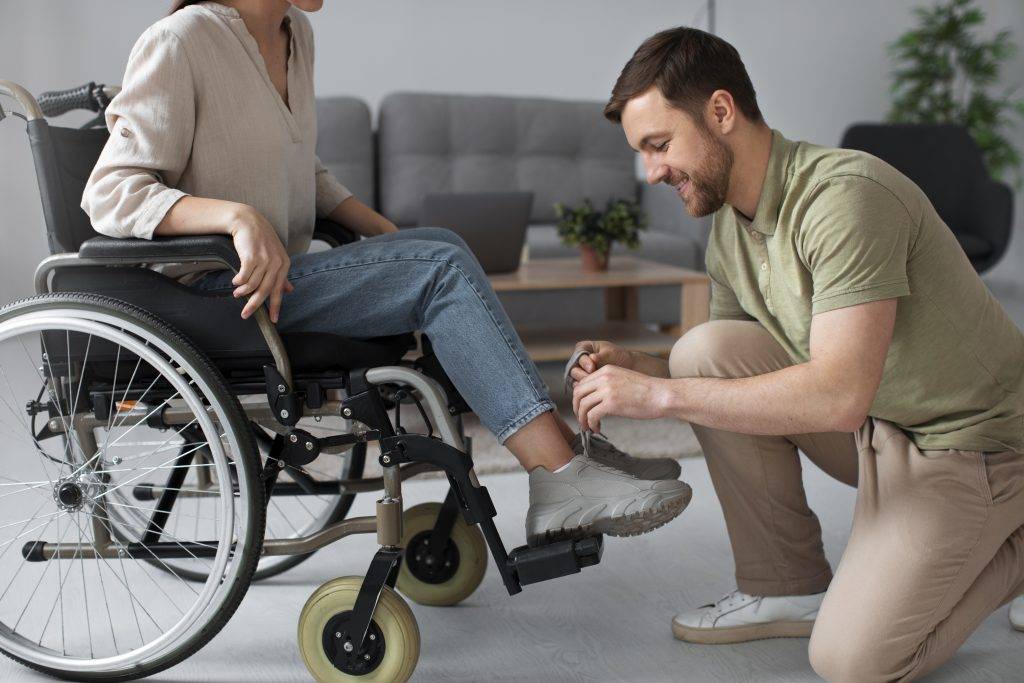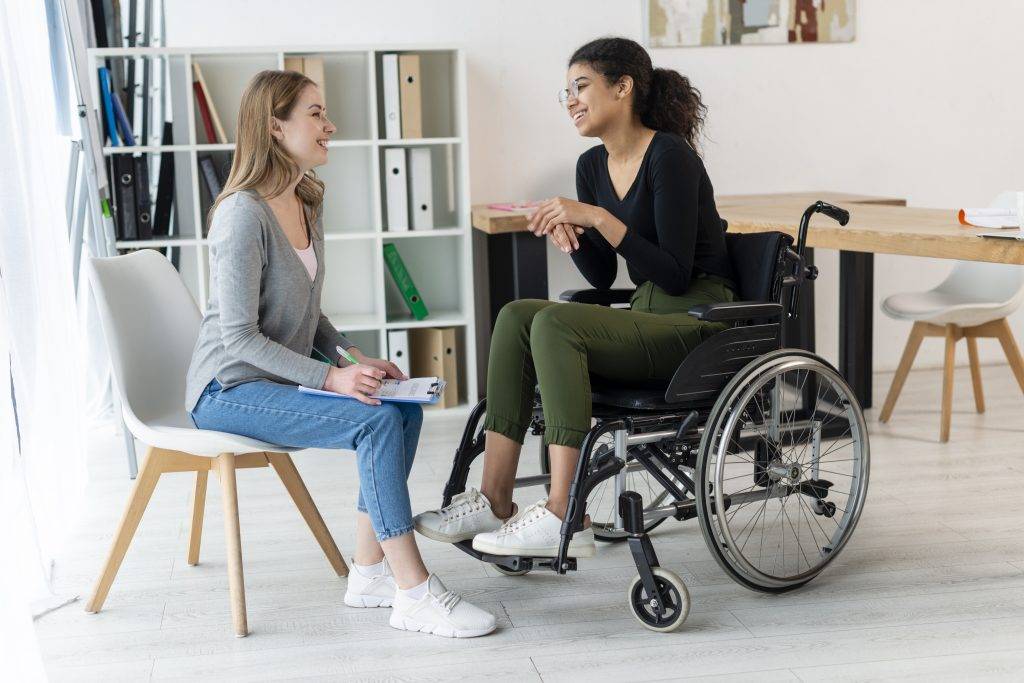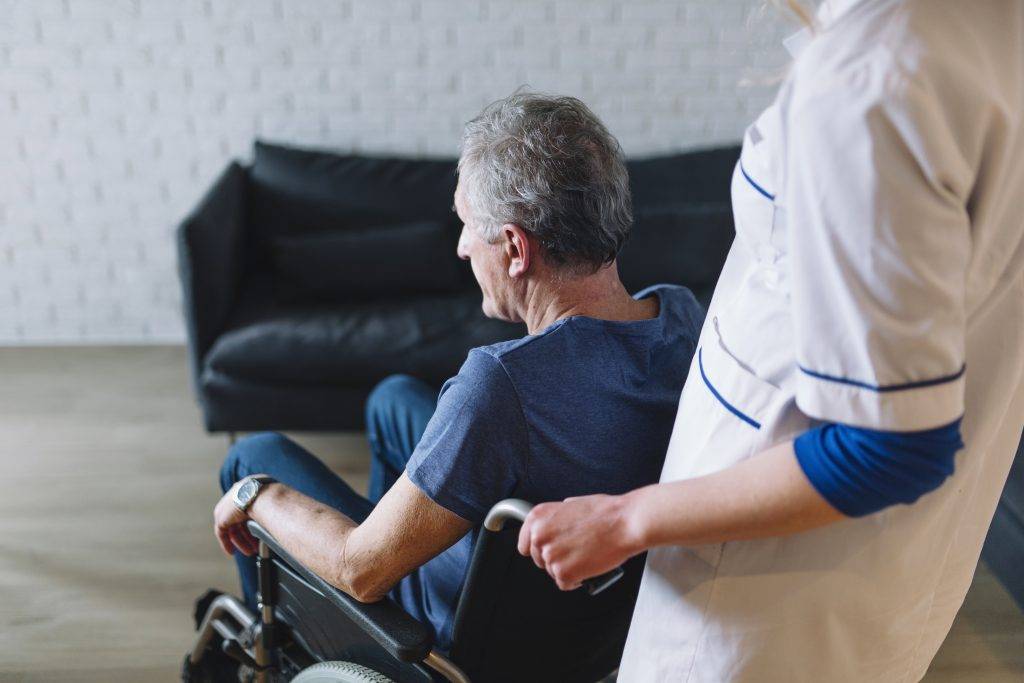Everyone desires to live a healthy, happy, and independent life. But your disability may sometimes prove to be a hindrance.
Assistance with everyday activities is covered under your NDIS plan. If you are eligible to access this service, Cosy Home Care is the best choice for you.
Seeking assistance with personal activities helps you live independently without compromising your health or safety.
If you’re not sure whether you need this service, watch out for these 3 signs.
1. You live on your own
Living alone, especially if you have a disability, can be stressful. Add to this the trouble you face when managing your everyday tasks. All this stress is bad for your health. Why continue living with it when you can simply get a caregiver who will assist you with everyday tasks? It will make your life simpler and better. It will also give you more time to focus on productive things that actually matter.
Our daily care support services for active independent living include.
- Hygiene and personal care
- Toileting and incontinence care
- Menu planning and meal preparation
- Assistance with eating
- Medication management and reminders
- Assistance for people with dementia, visual impairment, autism, mental health, motor neuron diseases and physical disabilities.
- Home management and care including laundry
- Support for the coordination of maintenance, e.g., cleaning and repairs
- Support and supervision for getting dressed
- Support for maintaining the consistency and structure of everyday personal activities
- Assistance with getting into and out of bed
- Assistance with washing and changing bed linen
A personal caregiver is also very helpful if you’ve been hospitalised recently and need help with recovery.
Based on your requirements, you can opt for any or all these services.
2. You need help monitoring your health
To lead a healthy life, it is important that you take your medicines on time, get regular health check-ups, exercise daily and watch out for warning signs of diseases you are susceptible to.
But old age or certain medical conditions can make keeping track of all this a little overwhelming.
Do you often forget to take your medicines on time? If you notice it early, you could try things like setting alarms and reminders when it is time to take your medicine. Sorting medicines and keeping them in an organiser is another way to ensure you do not forget about them.
But if it happens too often and you are unable to manage it on your own, it’s best to get help.
A caregiver can help you manage all this efficiently.
3. You are forgetful
Do you forget to turn off the stove after cooking? Not sure if you left the tap running? Do you lose your keys too often?
Before you brush it off as your quirks, remember that this could mean something serious. Forgetfulness could be an early sign of a serious, underlying medical condition. It could be a progressive disease or a side-effect of medication. It is certainly not something to be taken lightly.
A caregiver can help you manage your condition. If you have not already, do visit a doctor to find out the real cause of this problem.



